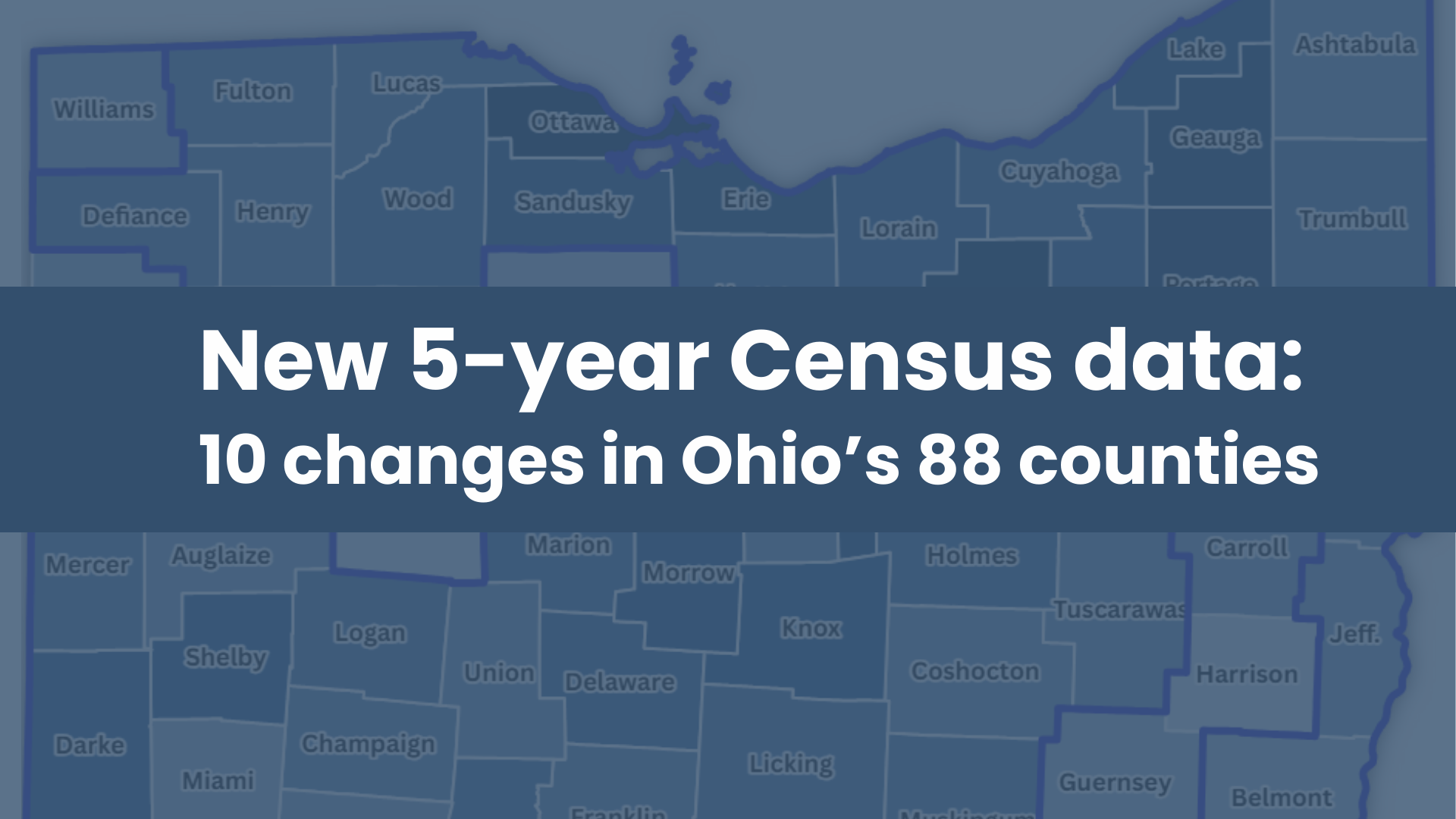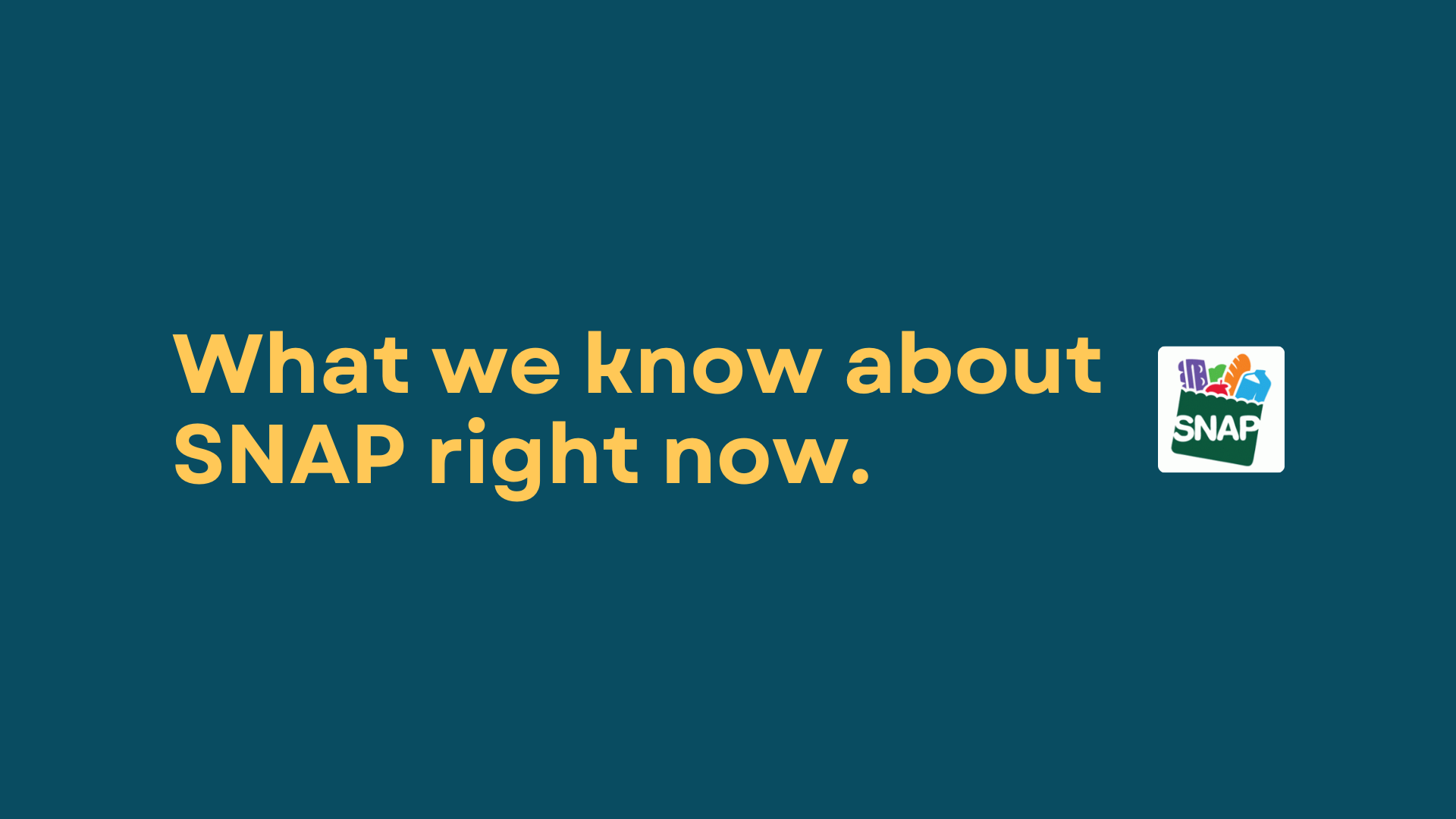The Cuyahoga County Board of Health holds press conference updating citizens on the coronavirus pandemic on Friday mornings.
Cuyahoga County Executive Armond Budish opened the weekly Cuyahoga County Board of Health (CCBH) briefing Friday by announcing that an additional $2.5 million was added to the county’s small business stabilization fund.
An additional $2.5 million was added to the county’s small business stabilization fund.
Budish said that the first round of the county’s grant program received more than 3,100 applications from the time it was announced on a Friday morning until the following Monday. Budish said that 200 small businesses received $2,500 grants during the first round of funding.
“While I'm thrilled that we were able to help 200 small businesses to survive we still need to do more we have to help more of our small businesses to get through this,” said Budish.
Budish said the additional funds are expected to help 600 businesses. The county funded $2 million of the second round of grants and loans, while the Cleveland Foundation donated $500,000 towards the effort. The second round of grants will award qualifying businesses with grants worth $2,500 to $5,000. Budish said that priority will be given to business owners with a home address in Cuyahoga County, businesses in low to moderate income census tracts. He also said that service industry, personal care, hospitality, neighborhood health care, grocers, general contracting and manufacturing businesses with fewer than 25 employees will be prioritized for the second round of grants. He also reiterated that the county’s business resource center is available at 216-452-9714, Monday through Friday from 8 a.m. to 5 p.m.
The county’s business resource center is available at 216-452-9714, Monday through Friday from 8 a.m. to 5 p.m.
Budish then pivoted to talk about the importance of testing and announced that the county will provide $5 million to the CCBH for 30,000 tests. Budish said that the tests provided by this funding will focus on testing those whoa re priority groups int eh community and/or who are in hotspots that have been identified by the CCBH. These places include congregate living facilities like homeless shelters and assisted living facilities and other places like churches. The tests will be conducted by MetroHealth in conjunction with the CCBH. Budish said that they will offer drive through and mobile testing locations.
There are people in our community who sadly do not have the health support to be tested.
“I also want to underscore two things first this testing plan is about equity you hear each week at these briefings that the pandemic is affecting African-Americans and the poor in greater proportion. There are people in our community who sadly do not have the health support to be tested and they're living in congregate or group settings we want to make sure that we are focusing on the elderly and those with underlying health conditions,” said Budish. “Second, this testing plan is a true collaboration since this crisis began the county has been working closely with MetroHealth our great public hospital. Metro has stepped up again and again and again and again.”
Budish described the increased funding as “amping up” an “already well-oiled machine.”
The CEO of MetroHealth, Dr. Akram Boutros, then addressed the briefing, saying since March staff at Metro have “tested and cared for people in homeless shelters, on the streets and in camps, in nursing homes and group homes, places where…spread is easy.”
Boutros said the testing plan will allow them to expand testing to group living settings where there’s a higher risk for transmission and impact, saying that research shows that clusters of infection, as opposed to large communal spread, will drive the infection in coming weeks and months.
Continue handwashing, mask wearing and practicing social distancing.
Boutros then urged people to continue handwashing, mask wearing and practicing social distancing. He ended his remarks by saying that people can call Metro’s COVID hotline if they are feeling sick, no matter where they are at 1-440-59-COVID (592-6843). He also said any congregate living facility that wants to connect with Metro can email them at wecare@metrohealth.org.
Responding to a question later in the briefing, Boutros said of the additional testing that, “I think this announcement has helped clear a lot of hurdles for a lot of facilities that didn't know what to do.”
Boutros said the test results will be available within three hours and said Metro will prioritize which facilities to test based on three criteria: Are people symptomatic in the facilitiy and what are the severity of the symptoms; what are the underlying health conditions of the people who live in each facility; and what is the physical ability for Metro to “distance people under quarantine and to do a lot of public health initiatives.”







